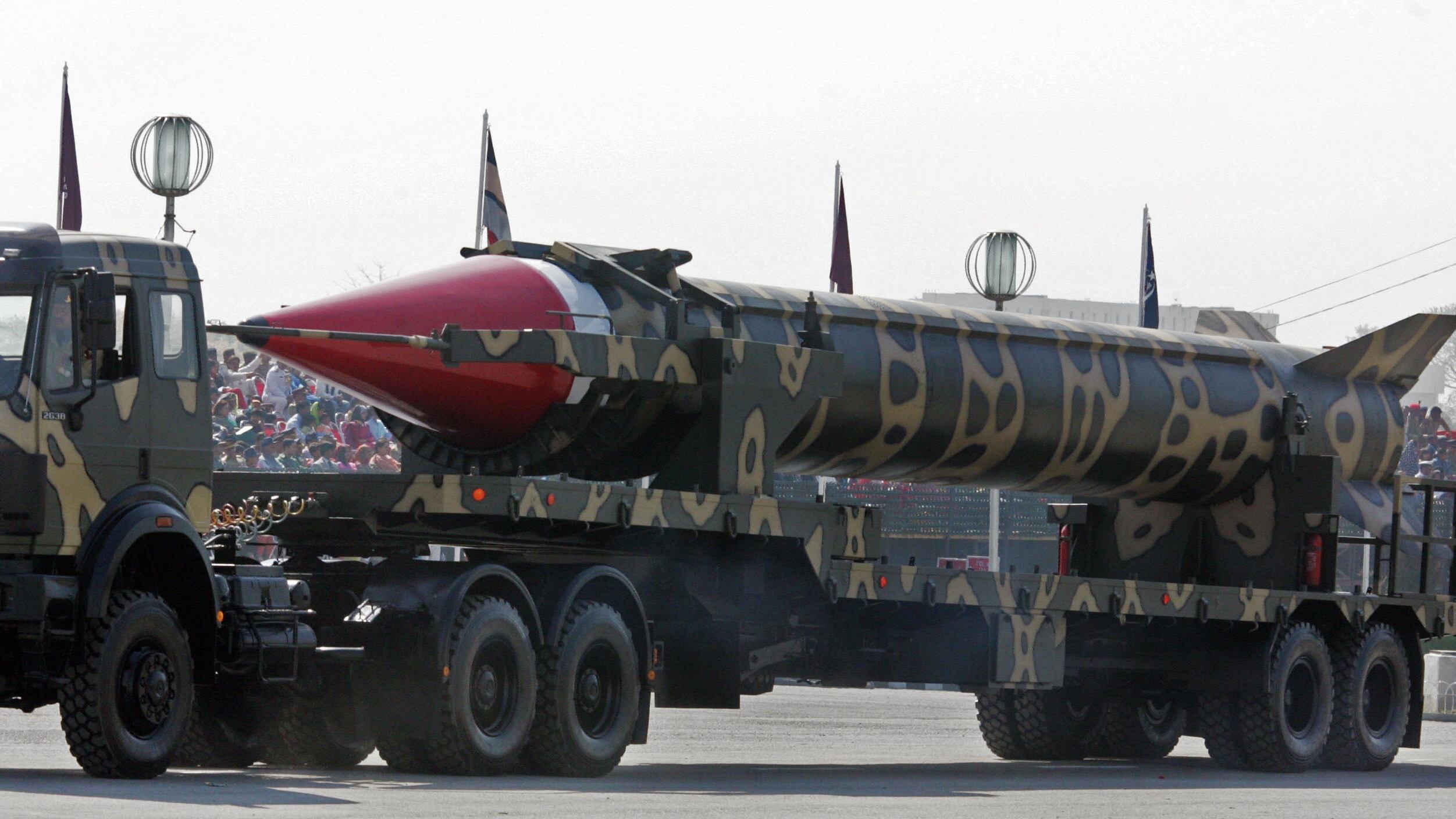Correction: The U.S. Navy destroyer Decatur took part in the sixth AMAN exercise, according to Pakistan Navy spokesman Commodore Arshad Javed. After multiple inquiries, the spokesman had originally indicated to Defense News that no American warships had participated.
ISLAMABAD — Pakistan on Tuesday wrapped up its sixth AMAN biennial multinational naval exercise, aiming to promote cooperation among regional and extra-regional navies to ensure security in the Indian Ocean.
AMAN-19 was held Feb. 8-12 and involved 46 countries as well as international warships and observers.
Analyst, author, and former Australian defense attache to Islamabad, Brian Cloughley, believes the exercise’s “professional value” was “minimal, as none of the participating navies is likely to demonstrate any techniques that are not already well-known.”
However, “as with all international naval exercises, there will be benefits from normal interaction and exchanges of views,” he added.
AMAN is one of the few multinational exercises where Chinese and U.S. warships regularly participate. This year the U.S. Navy destroyer Decatur took part.
Pakistan Navy spokesman Commodore Arshad Javed said a two-star U.S. Navy officer assigned to the U.S. Navy-led Coalition Maritime Forces — or CMF, a collective security endeavor — was also present during the sea phase.

AMAN-19 was held as Pakistan increasingly focuses on maritime security: The Pakistan Navy’s fleet commander, Vice Adm. Amjad Khan Niazi, specifically noted the country’s dependence on seaborne trade, its need to protect the China-Pakistan Economic Corridor project, and its straddling sea lanes from the Arabian Gulf. (The CPEC project seeks to provide economic growth for the two countries and the surrounding region.)
Consequently, Pakistan left CMF in October to establish its own Regional Maritime Security Patrol, or RMSP, “to combat illicit activity in the maritime domain.”
But Kamal Alam, a Pakistan analyst at the Royal United Services Institute think tank, said having participated in collective frameworks, most notably CMF, Pakistan still wants to remain “part of the international maritime security infrastructure as a responsible actor.”
He believes the RMSP furthers this goal and is not necessarily a shift toward unilateralism.
Javed told Defense News that Pakistan continues to support CMF operations and would consider assuming command of the group’s Combined Task Force 150 if invited to do so, but would maintain its focus on the RMSP.
RELATED

An additional benefit to Pakistan’s various maritime security efforts, Alam noted, is the message it sends to India: that it cannot isolate Pakistan.
Likewise, Cloughley believes AMAN is important for Pakistan, partly due to India’s absence. “Islamabad regards this as a propaganda win, but there would be more international approval were India to be invited — and accepted,” he said.
Usman Ansari is the Pakistan correspondent for Defense News.








